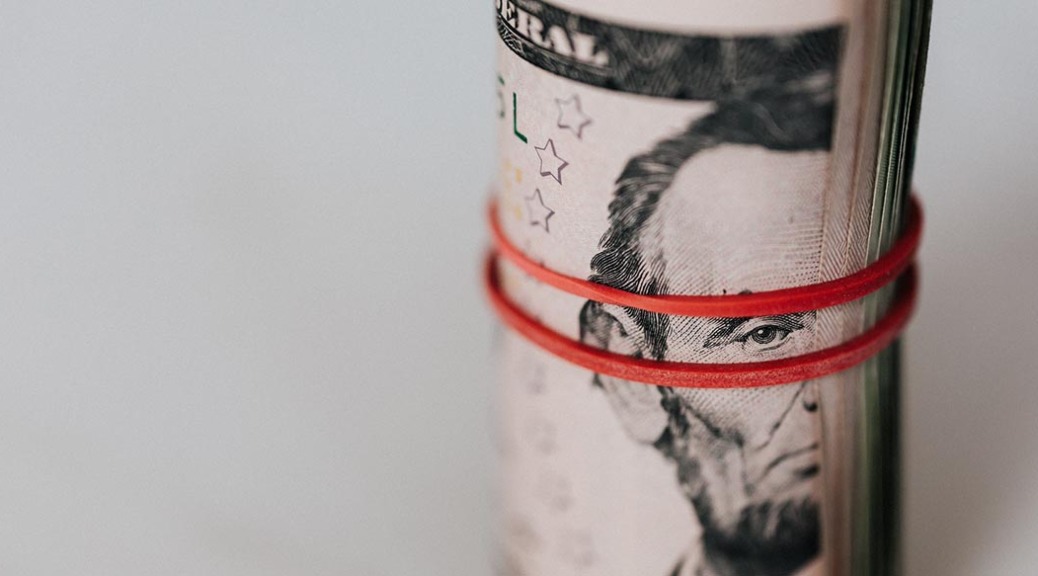(This is a chapter in a 23-part essay, starting with Limits )
Photo by Karolina Grabowska
We have already acquired enough food and material to have the entire world lead a prosperous life. What we haven’t done yet, is create a global economic infrastructure that ensures that everyone gets what he or she needs. Many people still fear for their survival and security on a daily basis. But we have the resources to solve this.
In a world that is guided by ideals of liberty and brotherhood, it would make sense to carry the risks of life as a collective. This would mean that if a disaster strikes on place x, the world would automatically help the people there to get back on their feet. And if someone gets sick, everyone automatically pays the doctor. This is partially already happening. What wouldn’t make sense, is if all people would have to pay if somebody has their Lamborghini burned to the ground. In my view, there should be an insurance for all basic necessities, that comes with citizenship. Global citizenship. And I do consider free and open internet to be a basic necessity.
Let me propose the following, three-layered system, just as a thought experiment of something we could roll out globally, or with an alliance of participating countries. It’s a mixture of socialism and capitalism, and a little bit like this concept of the Doughnut economy, which I find an abominable term.
We create a socialist base of minimum resource rights and allocation to all people. A base layer where people get housing, food, internet, some educational tools and so on. No questions asked. Then, there is a layer in which people are encouraged to compete with each other for more wealth and ownership, learning and innovating as long as they aren’t harming the environment. A capitalist middle layer, to stimulate development. People are encouraged to try new things, and if they fail, they never fall deeper than the socialist baseline. But then, once a certain degree of wealth is acquired, there is a cut-off, where all further income and ownership go to taxes. Destination reached. Mission accomplished. End of the rat race. Further struggles of the individual who has reached this point, will concern truth, love and virtue only. The cut-off should be high enough for a single person to be able to live comfortably for the rest of his or her life, but not so high that he or she can afford to overtake public decision-making without losing a significant part of their power. Would something like that be a start?
I am not concerned by the question how to organise this, nor by the calculation where such cut-off points should lie exactly. It would be a system that challenges everyone. It would look at humans as beings with potential, rather than with duty. With such a system, the workplace would be a playground rather than a battle arena. Very successful companies would be stimulated to invest rather than cashing out and CEOs would naturally be more willing to pay their employees a good wage or pay in shares of the company, since they will never be able to use all the company money for themselves. It would definitely lead to more fraternity than we have now, and it would create a more diverse economy with lots of different, smaller enterprises, carried by the employees.
The idea to combine socialism with capitalism may seem radical, but you could argue that all systems are a mix to a certain degree. Workers’ rights are in their way a socialist idea, as are guaranteed pensions and healthcare, all part of the European welfare state. I believe that taxation of high incomes and property will play a role there, as well as will a certain baseline security.
The way we organise our system says much about how we look at our brothers and sisters. A system that envisions a more even distribution of its benefits while still providing opportunities to flourish matches the idea that humans are both individual and interdependent. I think such an approach would benefit a mature democracy because it expresses both trust in the people, as well as care for them. I think it would be beautiful if we could implement such ideas globally.
On Saturday, Part IV: What societal dilemmas are we facing? And: A broader need for self-limitation



